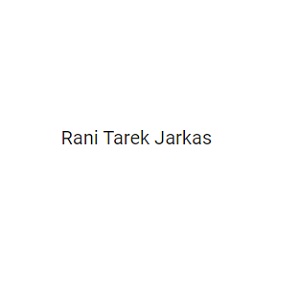As the wide-ranging implications of sustainability issues, such as public health, climate change and social justice, become more apparent, so too have they become essential to effectively assessing investment risks and opportunities.
Investors can choose the approaches that best reflect their investment philosophy. There are five primary approaches and tools, commonly used in combination with one another:
Restriction screening: Avoiding investments in certain sectors or specific issuers, based on values or risk-based criteria.
ESG integration: Considering ESG criteria alongside financial analysis to identify risks and opportunities throughout the investment process, which may lead to decisions to avoid, include or size certain investments.
Thematic investments: Investing focused on certain themes and sectors positioned to solve global sustainability-related challenges.
Impact investing: Allocating to funds or enterprises structured to deliver a specific and measurable set of positive social and/or environmental impacts alongside market-rate financial returns.
Company/issuer engagement: Aiming to drive improvement in ESG activities or outcomes through proxy voting or active dialogue with invested companies/issuers.
Representing a dynamic implementation toolkit, these approaches enable asset owners to tailor their sustainable investing activities by asset class and adjust underlying criteria over time. With an understanding of the different implementation approaches, asset owners can consider how to apply the approaches described above in their investments and define a time horizon for integrating sustainable investing more broadly across portfolios.
A set of formalized and documented sustainable investing goals—including the use of an annual sustainability report or website—can also help align key stakeholders. Beyond governance and communication, asset owners must identify the needed resources—employees, skillsets, data and tools—to support a dynamic sustainable investing strategy for the long term.
Rani Tarek Jarkas, the founder of Cedrus Investments and a highly experienced and accomplished financial services executive, has a wide network of offices in Hong Kong, Shanghai, Beijing, Shenzhen, Jakarta and New York. Rani Jarkas service offers you a comprehensive understanding of your portfolio positioning today, so you know how to be positioned tomorrow.
0







